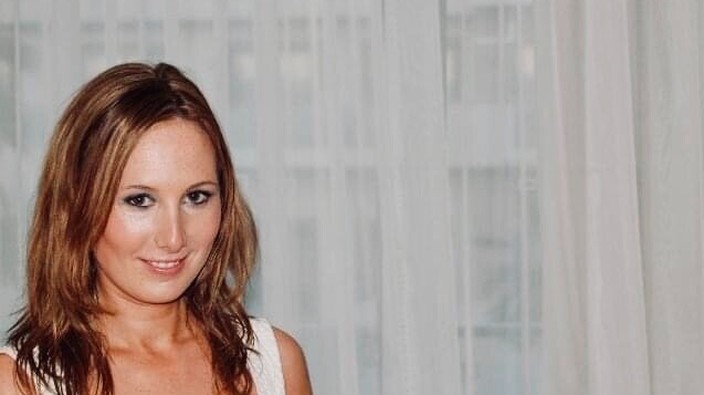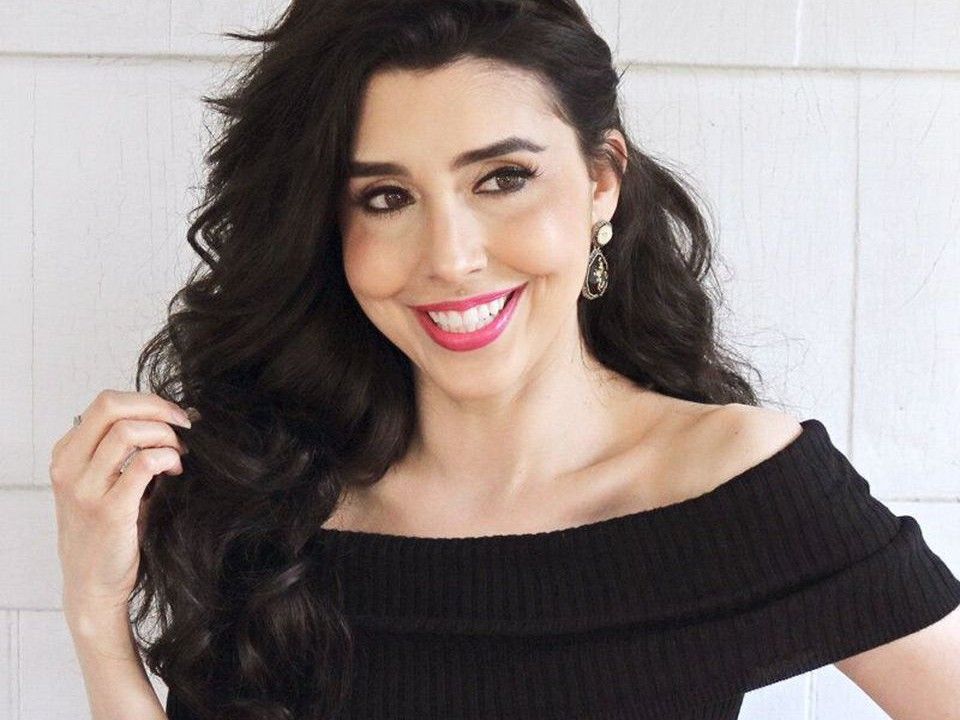the third time, i knew i was in trouble. i wondered, ‘is this serious? is this papilloma? or is this cancer?’ it was the summer, i was in the west of ireland, which is where i’m originally from. i live on the east coast of ireland now. so i was at home and it was just so relaxing over there; i was in holiday mode with a lovely new baby and i though, ‘this is not getting into my summer.’ i had given so much of my time to these lumpectomies, i told myself, no, this is my time.’ which probably wasn’t very wise, but that’s where my mind was at.
when i went [to the doctor] in september, i already knew what he was going to say; it wasn’t that hard to join the dots. i had a third lumpectomy and had some pain afterwards. although the doctor thought that it could have been scar tissue, an mri found five more little papillomas.
i’m very embarrassed to say this now, but i didn’t make the decision to remove my breast. i needed time and i feel like i frustrated people around me who were obviously naturally very concerned about me. my mom’s a medic, and her attitude was, ‘there’s no malignancy, so just sit tight,’ you know? but my husband felt differently. he was worried that things could change.
it became like a political debate. one side was saying, ‘do it. do it. do it. do it,’ while the other side was saying, ‘well, it’s not malignant. you don’t look sick.’
 8 minute read
8 minute read









